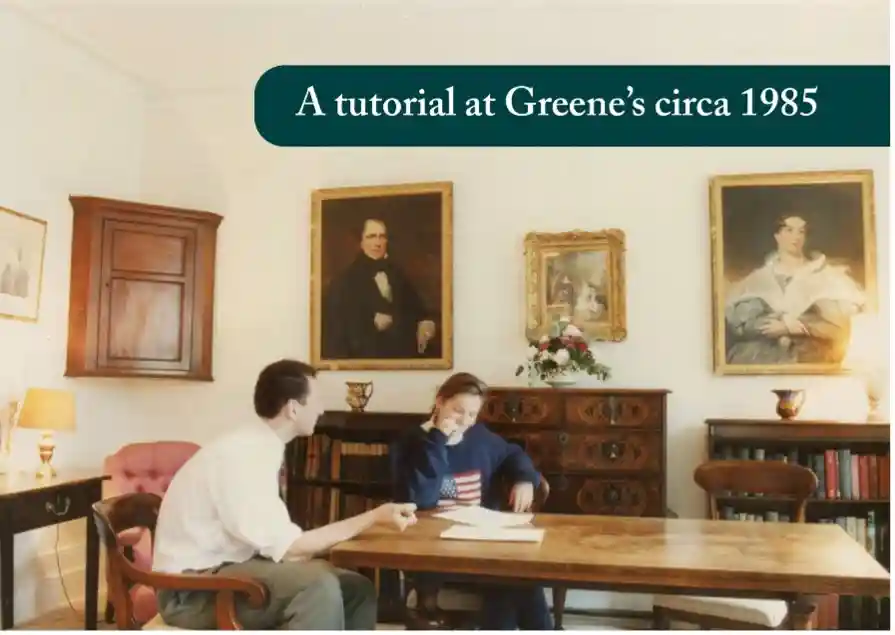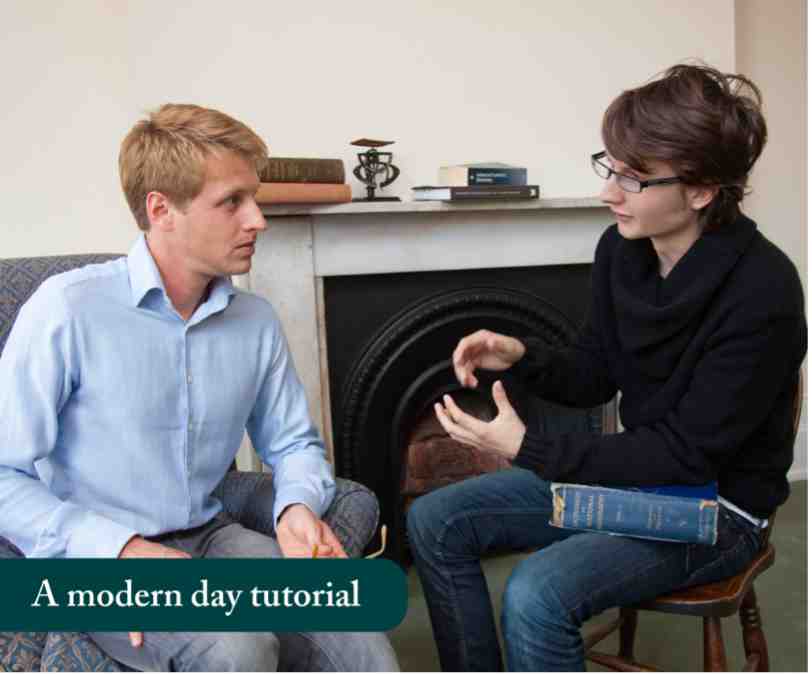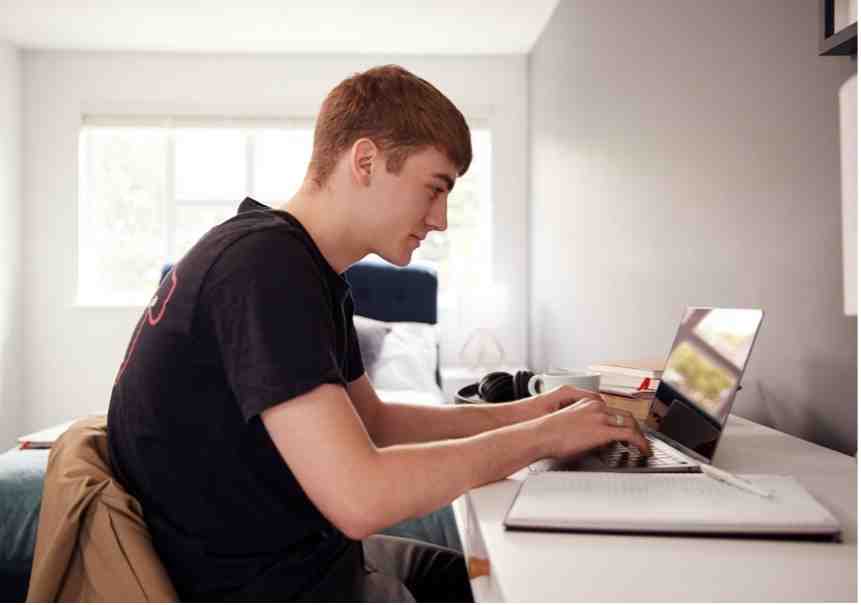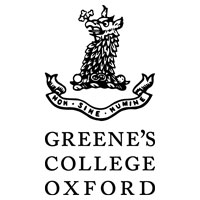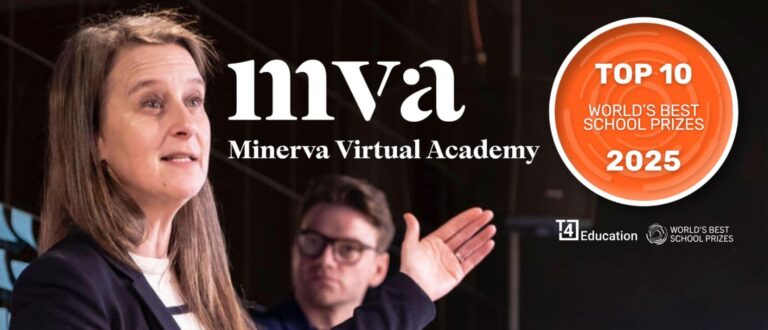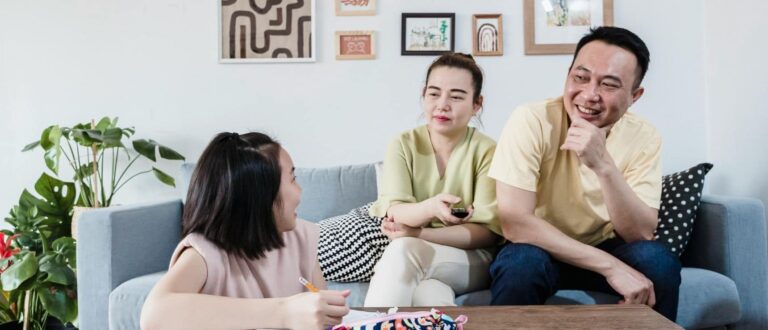The secret time-tested pedagogy of oxford
The University of Oxford’s admissions website succinctly defines the purpose of undergraduate tutorials: “They develop your ability to think for yourself.”
Fortunately, students at Greene’s are not expected to wait until they are undergraduates to benefit from a learning method aimed at developing independent thought. Tutorials at Greene’s are discussion-based, rather than lecture-based, meaning that knowledge is not imparted top-down but instead drawn out through the exploration of ideas. This approach empowers students to feel responsible for their own learning, write and speak with confidence about their findings, handle challenging academic dialogue, and, ultimately, solidify their understanding of any subject.
What happens in a tutorial?
A tutorial session itself can take the shape of a debate on aspects of literature, collaborative microscopy work, an analysis of a mathematical problem, a discussion of philosophical thought—and many other forms. One of the core benefits of the tutorial method is that tutorials can be individualised to each student and are shaped by the lively exchange of ideas between a unique pairing of tutor and tutee. As Professor Emma Smith, Fellow of Hertford College and Lecturer in the Faculty of English at Oxford explains, “No two tutorials should be the same, and no tutor should try and make them so.” Assuming students come well-prepared, these sessions encourage students to discover—literally to un-cover—truths that are waiting to be revealed by their own unique intellect. There is no telling what the course or outcome of the discussion will be.
Can the tutorial method work in an online setting?
With an emphasis on personalised learning, it’s fair to say that there’s no such thing as a “typical” tutorial at Greene’s. With the guidance of their Personal Tutor and an eye on their future university studies, students define the subjects they choose to study. They determine the place and time of their learning: at our physical locations in Oxford, England or Estoril, Portugal, or online, wherever they are in the world. While Covid-era learning revealed the pitfalls of shifting to remote education for many institutions, we have been building our expertise in delivering future-proofed online tutorials for years. Currently, 75% of our tutorials are delivered online and we only expect that number to grow.
Image a future of independent thinkers
Greene’s aims to equip future undergraduates with the skills to think for themselves: ones who can already research effectively, sift information, confidently engage in critical discussion, write compellingly, and argue coherently. Imagine first-year students who are primed for active learning and who have already begun to unfold the powers of their minds. Imagine making remedial academic literacy courses obsolete. At Greene’s, we have been working towards this ideal for over five decades, preparing thousands of students for a rich intellectual life at university and instilling the soft skills for a lifetime of success.

